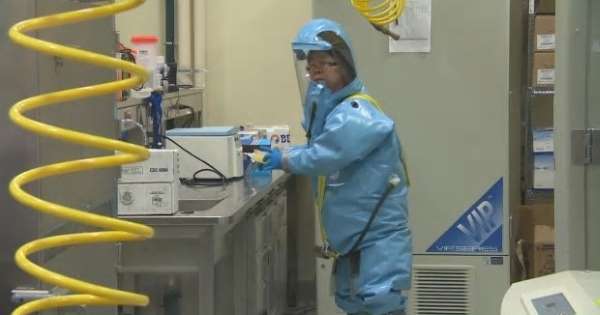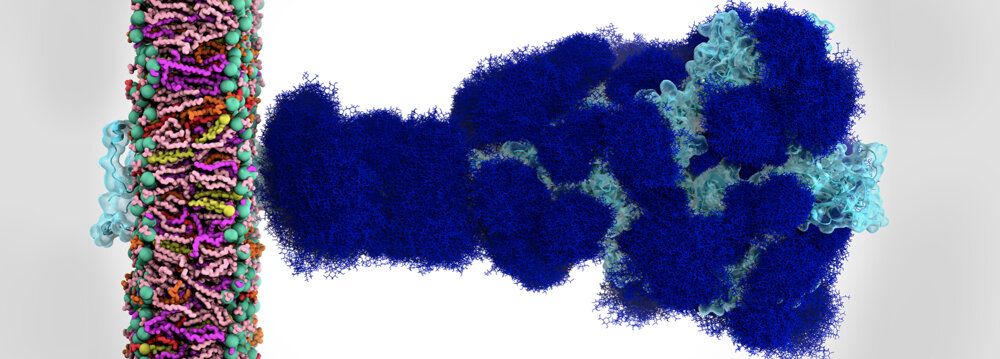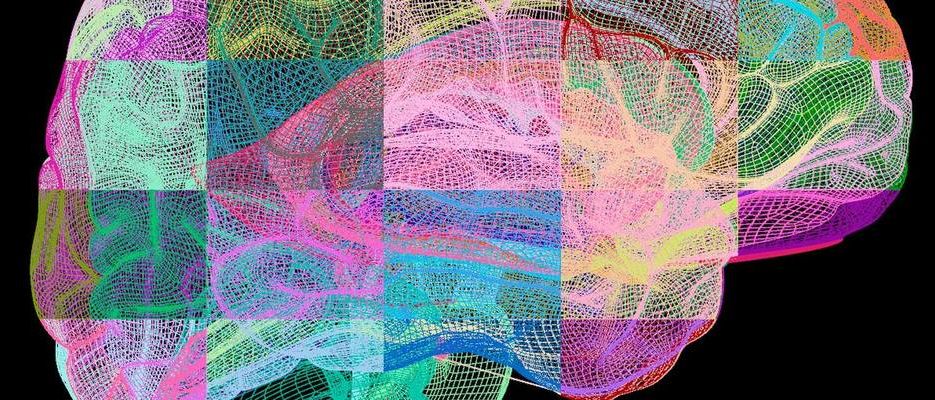If there are only enough vaccines for a fraction of the world who will get them first?




Two people with beta thalassaemia and one with sickle cell disease no longer require blood transfusions, which are normally used to treat severe forms of these inherited diseases, after their bone marrow stem cells were gene-edited with CRISPR.
Result of the ongoing trial, which is the first to use CRISPR to treat inherited genetic disorders, were announced today at a virtual meeting of the European Hematology Association.

This is really old news:
Two tried-and-true vaccines — a century-old inoculation against tuberculosis and a decades-old polio vaccine once given as a sugar cube — are being evaluated to see if they can offer limited protection against the coronavirus.
The old vaccines are oddities among the cutting-edge and targeted technologies being developed to combat the novel coronavirus. New vaccines aim to teach the body’s immune system to recognize and destroy the coronavirus, but scientists are only now beginning to test them in people. Vaccines developed against TB and polio have already been used in millions of people and could offer a low-risk way to rev up the body’s first line of defense — the innate immune system — against a broad array of pathogens, including the coronavirus.

Chinese company, Contemporary Amperex Technology Co. Ltd. (CATL), this week announced a new battery technology that could revolutionise the electric vehicle market.
Established in 2011 and headquartered in Ningde, eastern China, CATL employs more than 24,000 people and has grown to become the world’s largest maker of lithium batteries. Amid surging demand for electric vehicles, its revenue soared by 54% last year. China, as a whole, installed 62.2 GWh of battery storage capacity last year, according to the China Automotive Battery Industry Innovation Alliance, of which CATL supplied 31.5 GWh for a market share of nearly 51%.
In addition to domestic sales, CATL supplies a wide range of carmakers internationally – including Tesla, BMW, Toyota, Honda, and Volkswagen. While sales have slumped more recently, due to the COVID-19 pandemic, CATL and its clients are expecting demand to return in 2021.

GlaxoSmithKline has penned deals offering its pandemic vaccine adjuvant to several developers of COVID-19 shots. And it needs to amp up supply for those companies to make enough doses of their final products.
Now, the British pharma said it will make 1 billion doses of the adjuvant, dubbed AS03, in 2021 for use in multiple COVID-19 vaccine candidates.
Theoretically, the adjuvant can increase the body’s immune response to the vaccine component it’s paired with, reducing the amount of vaccine needed for each shot and allowing manufacturers to make more doses.

“We have a researcher who was removed by the RCMP from the highest security laboratory that Canada has for reasons that government is unwilling to disclose. The intelligence remains secret. But what we know is that before she was removed, she sent one of the deadliest viruses on Earth, and multiple varieties of it to maximize the genetic diversity and maximize what experimenters in China could do with it, to a laboratory in China that does dangerous gain of function experiments. And that has links to the Chinese military.”
Gain of function experiments are when a natural pathogen is taken into the lab, made to mutate, and then assessed to see if it has become more deadly or infectious.
Most countries, including Canada, don’t do these kinds of experiments — because they’re considered too dangerous, Attaran said.
Newly-released access to information documents reveal details about a shipment of deadly pathogens last year from Canada’s National Microbiology Lab to China — confirming for the first time who sent them, what exactly was shipped, and where it went.
The virus shipments are not related to the outbreak of COVID-19 or research into the pandemic, Canadian officials said.
CBC News had already reported about the shipment of Ebola and Henipah viruses but there’s now confirmation one of the scientists escorted from the lab in Winnipeg amid an RCMP investigation last July was responsible for exporting the pathogens to the Wuhan Institute of Virology four months earlier.

An Oregon State University environmental engineering professor has solved a decades-old mystery regarding the behavior of fluids, a field of study with widespread medical, industrial, and environmental applications.
The research by Brian D. Wood, published in the Journal of Fluid Mechanics, clears a roadblock that has been puzzling scientific minds for nearly 70 years and paves the way to a clearer picture of how chemicals mix in fluids.
A more complete grasp of that basic principle provides a foundation for advances in a range of areas – from how pollutants spread in the atmosphere to how drugs perfuse tissues within the human body.

They say you can’t judge a book by its cover. But the human immune system does just that when it comes to finding and attacking harmful microbes such as the coronavirus. It relies on being able to recognize foreign intruders and generate antibodies to destroy them. Unfortunately, the coronavirus uses a sugary coating of molecules called glycans to camouflage itself as harmless from the defending antibodies.
Simulations on the National Science Foundation (NSF)-funded Frontera supercomputer at the Texas Advanced Computing Center (TACC) have revealed the atomic makeup of the coronavirus’s sugary shield. What’s more, simulation and modeling show that glycans also prime the coronavirus for infection by changing the shape of its spike protein. Scientists hope this basic research will add to the arsenal of knowledge needed to defeat the COVID-19 virus.
Sugar-like molecules called glycans coat each of the 65-odd spike proteins that adorn the coronavirus. Glycans account for about 40 percent of the spike protein by weight. The spike proteins are critical to cell infection because they lock onto the cell surface, giving the virus entry into the cell.

While modern, scientific understanding of this complex network of neurons between our ears really only began in the last few decades, we’ve already learned a lot about the body’s control center — and have been given a lot to think about.
In this episode of The Abstract, we discuss the groundbreaking research in brain-computer technology offering new hope in restoring sensations and treating anxiety.
Our first story is about groundbreaking research in brain-computer interfaces that’s offering new hope for those who have lost their sense of touch. By decoding neural signals from the brain, researchers were able to create movement and sensory perception in paralyzed limbs. Innovations like these in sense-restoring technology could be life-changing for spinal cord patients and make a devastating loss of sensation reversible.